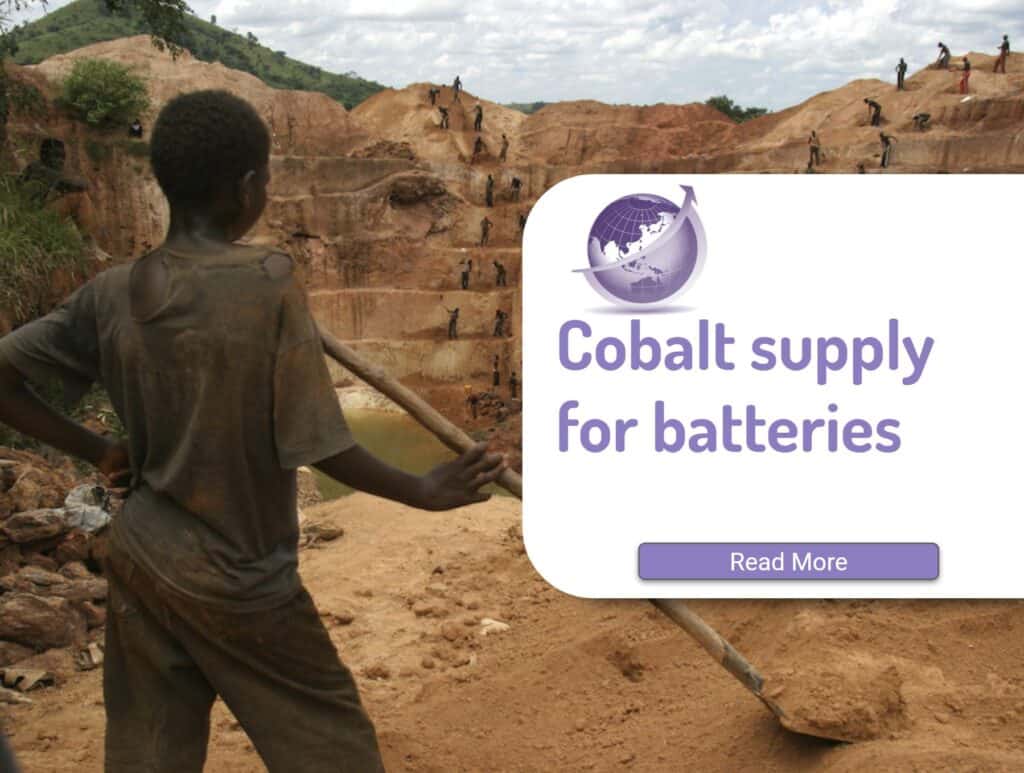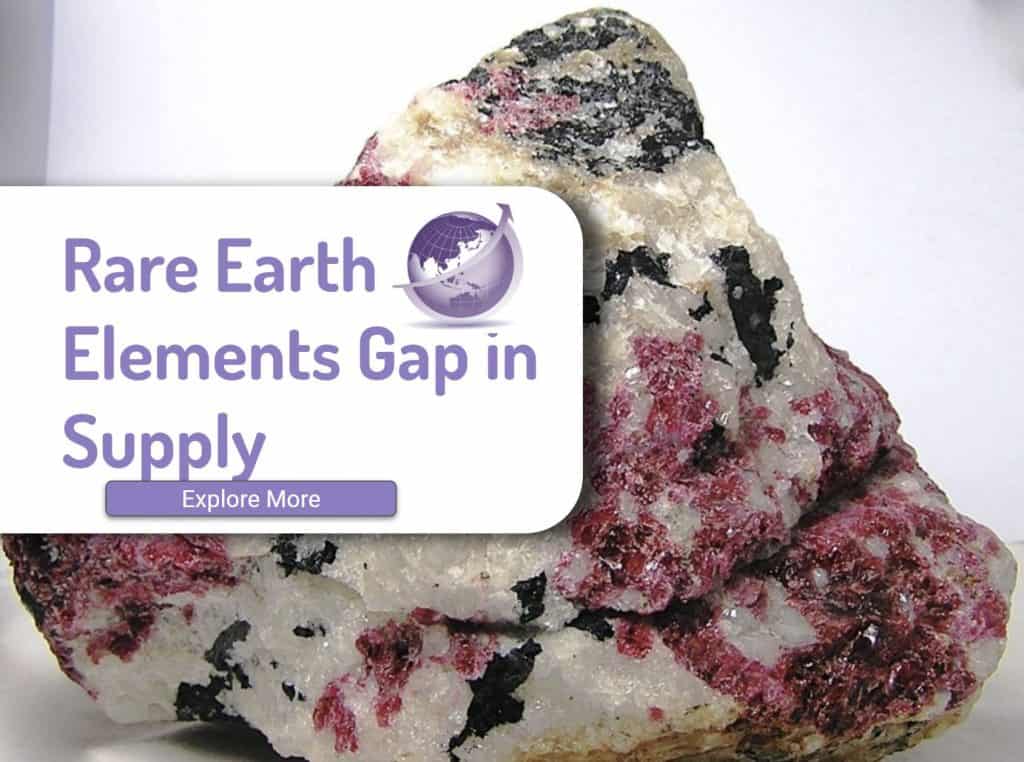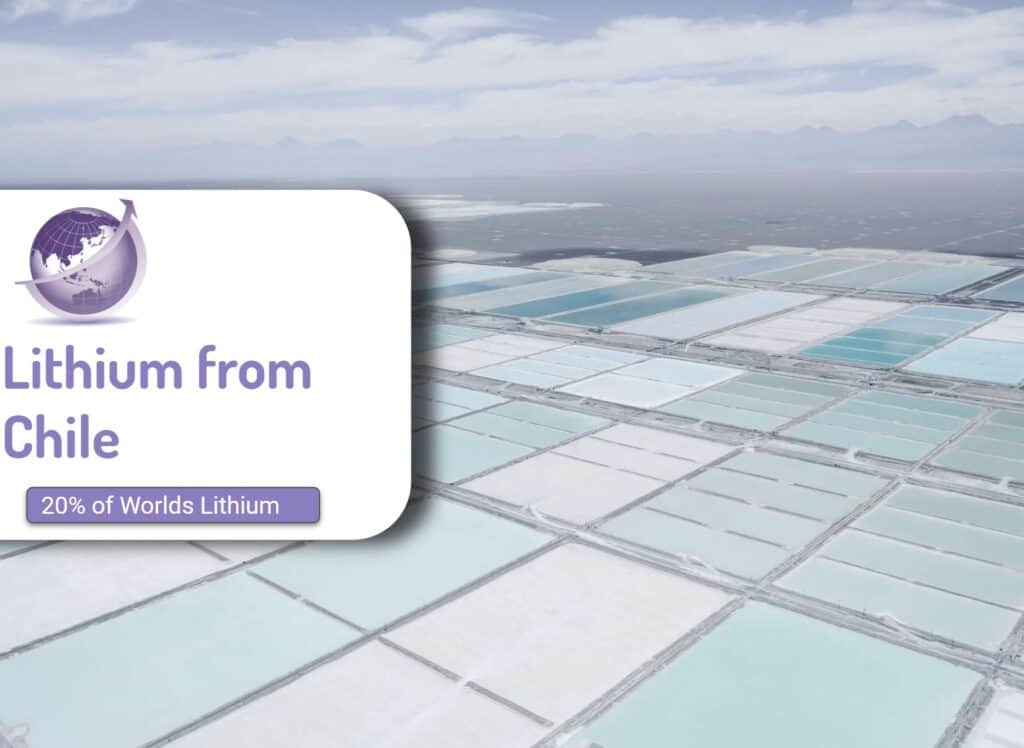Australia has a policy for LNG which should be a renamed as iIncreasing the great gas giveaway. Despite much analysis and reporting, the government continues to extend subsidies to the fossil fuel industry. The latest is a recent policy and funding update for gas in Australia released in early May 2024. [1] The announcement says new gas fields are key to the Albanese government’s strategy. Climate groups say this will be ‘devastating’ to emissions reduction targets [2] This climate plan supports temperature rises of 2.5° to 3.0° with 1.5°C passed by 2028.
Great Gas Giveaway
Three figures sum up that Australia has given away its royalties.[3]


- Australia has ten facilities that export gas as liquified natural gas (LNG).
- Six of these projects pay no royalties. Four of 4 operating in Western Australia, both of the Northern Territory’s facilities
- Neither state or federal collect royalties.
The monetary value of this gas is enormous.
- $265 bn export revenue for LNG over the last four years.
- Royalty-free gas value is $149 billion.
- Australians have given away the gas that made $149 billion worth of LNG, for free.
- $111 billion worth of this royalty-free LNG was produced in Western Australia.

Australia could have had a sovereign fund worth billions. Like Norway. Or could have raised productivity or increased living standards of Australians by funding schools, hospitals, renewable energy, and other needed public infrastructure.
We Need to Stop Emissions
A LOWER carbon future is not going to be sufficient to arrest climate change. What is needed is Net ZERO carbon – ie stopping the sale of oil and gas to customers who do not capture or permanently offset their emissions. And that is what the current government won’t do, but continues to open up new coal and gas mines.

Moreover, in David Leitch analysis of the Safeguard Mechanism for large polluters, the program is ineffective and unlikely to shift the needle at all. [4] He points out that over the last 10 years electricity’s share of emissions are down but gas’s share is up. So this policy just extends subsidies to further increase gas emission.
Gas Usage In Australia
Over 71% of all gas produced in Australia. That export market is facing headwinds from exporters such as USA and Qatar.

Guiding Principles of Government Gas Strategy
These are the 7 principles in that Labor strategy which are odds with net-zero targets, and show clear signs of greenwashing, capture of government policy by fossil fuel companies
| Labors Gas Policy | Alternative View |
|---|---|
| Australia is committed to supporting global emissions reductions to reduce the impacts of climate change and will reach net zero emissions by 2050. | Agreed |
| Gas production and use must be optimised through the transition and residual use must be abated or offset to achieve this economy-wide commitment. | Gas does not have a major role in either Australia nor globally, and CCS is a scam |
| Gas must remain affordable for Australian users throughout the transition to net zero. A future made in Australia, our competitive advantage in abundant resources, and our standard of living requires reliable, affordable and clean energy. | Renewable energy is cheaper. |
| Continued gas development and more flexible gas infrastructure is needed to increase the resilience of Australia’s energy system and keep costs down as we transition. Government decisions on gas development rights should prioritise timely development and discourage repeated delays to ensure supply and affordability. | New development is only for export Greenwashing by gas companies |
| New sources of gas supply are needed to meet demand during the economy-wide transition. Government policies to enable natural gas exploration and development should focus on optimising existing discoveries and infrastructure in producing basins. This includes applying technology-neutral approaches to exploration data acquisition (to minimise seismic surveying where possible), prioritise energy security, and align with our net zero emissions targets. Robust environmental approval processes are key to the social license of the gas industry. | False. Domestic gas is 15% of gas use. All additional gas is for exports9 out of 11 export gas terminals pay no royalties |
| Reliable gas supply will gradually and inevitably support a shift towards higher-value and non-substitutable gas uses. Households will continue to have a choice over how their energy needs are met. | Gas is a stranded asset, Qatar and others provide cheap gas and there will be a race to the bottom. |
| Gas and electricity markets must adapt to remain fit for purpose throughout the energy transformation. | |
| Australia is, and will remain, a reliable trading partner for energy, including Liquefied Natural Gas (LNG) and low emission gases. Australia’s ambition to become a renewable energy superpower will involve developing new low emissions energy exports to support the energy security and decarbonisation efforts of our trade partners. | Gas is on the way out. Change as fast as we can,. |
https://www.industry.gov.au/node/93472
Politics and Counter-Arguments
Electrification is viewed as a political issue needing to be balanced with messaging about gas that aligns with existing policy and doesn’t necessarily provide any new policy direction. Australia provides $14bn in fossil fuel subsidies and governments are keen not to call out fossil fuel companies to get support.
The gas industry — Santos, Woodside, Origin, and multinational tax dodgers like Chevron, BP and Shell — is to be given carte blanche to develop new gas fields — and at taxpayer expense.
So why would Labor allow for more gas fields? The gas is only for export, and those trading partner economies are also exiting coal and gas. The current Labor party seems to be at odds in adopting a gas industry policy paper, in contrast to their net zero policies. Why?
- They risk losing the left of their party to the Greens party or to independents with stronger climate change policies
- They risk losing the centre or right of their party to the Coalition who have no climate policy
- Are they unaware of how they are losing supporters?
- Minority govt is better than getting tipped out completely?
- Some argue federal Labor has now become a branch office of the Western Australia Labor Party, an outfit owned and run by the fossil fuel and extractive industries, its climate denialist billionaires and their propaganda outlets.
Outcomes of Gas Policy?
The policy is not an empty announcement to win seats in Western Australia and Queensland.
- The gas giants won’t have to explore for new gas fields themselves. Santos, Woodside, Origin, Chevron, BP and Shell won’t have to spend a cent looking for new deposits — taxpayers will paying for it instead
- The $0.5bn funding over a decade is to support Geoscience Australia “to find new deposits of minerals and sources of energy to help build a Future Made in Australia”.
- The mapping will be both onshore and offshore, “to deliver data, maps and other tools for use by the resources industry that will point the way to new discoveries”.
- Free to oil companies to use.
Decommissioning Stranded Assets
Australian taxpayers face risks arising from the decommissioning obligations of the oil and gas industry.
- The cost for decommissioning is estimated at more than $US40 bn ($60bn)
- A rapid phase-out of oil and gas means companies won’t meet their obligations
- The cost could fall to the government as a ‘decommissioner of last resort’.
Fossil Fuel Donations to Political Parties


References
[1] D. of I. S. and Resources, ‘Future Gas Strategy | Department of Industry Science and Resources’, https://www.industry.gov.au/node/93472. Accessed: May 14, 2024. [Online]. Available: https://www.industry.gov.au/publications/future-gas-strategy
[2] A. Remeikis, ‘Labor’s gas strategy: what is it and why do critics call it “Back to the Future”?’, The Guardian, May 09, 2024. Accessed: May 14, 2024. [Online]. Available: https://www.theguardian.com/australia-news/article/2024/may/09/labor-albanese-government-gas-strategy-emissions-reduction-policy-net-zero-targets-renewable-energy
[3] Mark Ogge, Rod Campbell, and Piers Verstegan, ‘Australia’s great gas giveaway’, The Australia Institute. Accessed: Aug. 01, 2024. [Online]. Available: https://australiainstitute.org.au/report/australias-great-gas-giveaway/
[4] Leitch, David, ‘Two cheers for the tightening of the safeguard mechanism’, RenewEconomy. Accessed: Aug. 01, 2024. [Online]. Available: https://reneweconomy.com.au/two-cheers-for-the-tightening-of-the-safeguard-mechanism/









